France Targets Muslim Headscarf Again—This Time, on Children
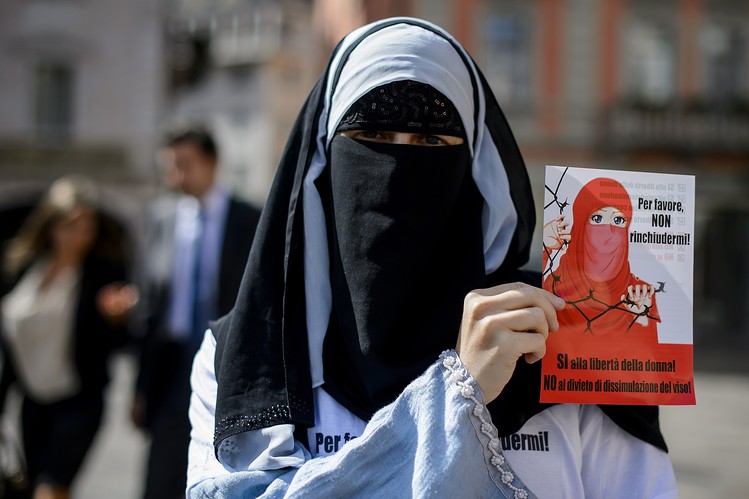
France’s political elite is once again pushing to restrict the visibility of Muslim identity in public life, this time, proposing a nationwide ban on Muslim headscarves for girls under 15 years of age.
President Emmanuel Macron’s party, Renaissance, announced the proposal following a high-level security meeting held to discuss the findings of a government-commissioned report on the influence of the Muslim Brotherhood in France.
According to the Elysee Palace (official residence of the President of France), the report “clearly establishes the anti-republican and subversive nature of the Muslim Brotherhood” and proposes ways to address what it labels a growing threat to national cohesion.
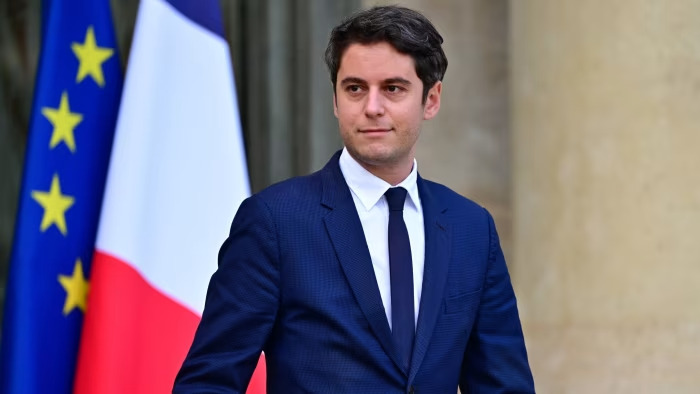 Gabriel Attal, former Prime Minister and now head of Macron’s party, stated that the hijab “seriously undermines gender equality and the protection of children.”
Gabriel Attal, former Prime Minister and now head of Macron’s party, stated that the hijab “seriously undermines gender equality and the protection of children.”
He also proposed criminalizing coercion against parents who force their daughters to wear the veil. Attal emphasized the urgency of the issue: “Minors under 15 should not wear the veil in public spaces.”
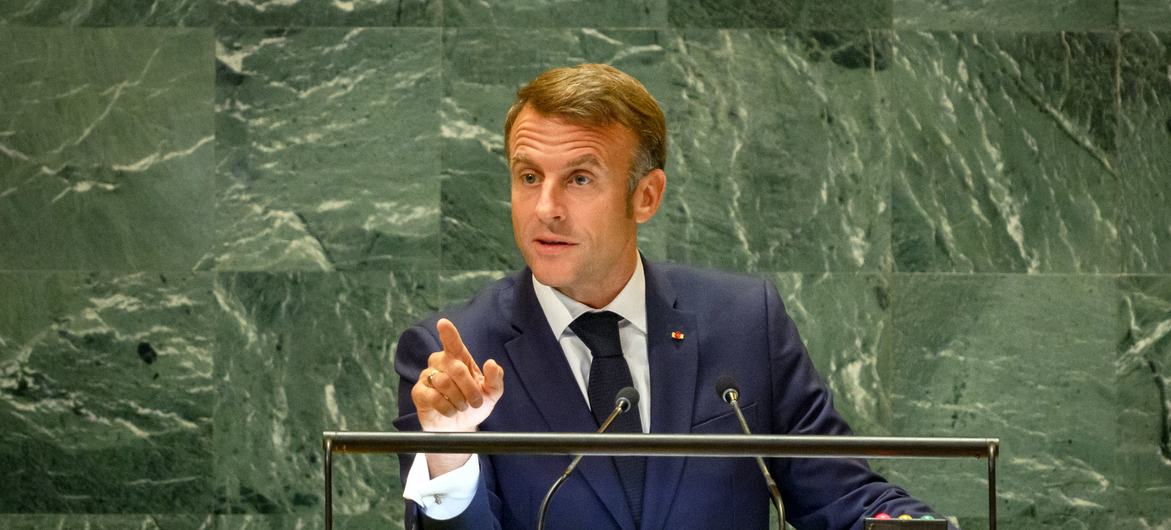 The proposed ban aligns with France’s ongoing strategy to contain what it terms “political Islamism.” The report, reviewed by Agence France-Presse (AFP), warns that Islamism is spreading “from the bottom up” through schools, charities, and sports groups and constitutes “a threat in the short to medium term.”
The proposed ban aligns with France’s ongoing strategy to contain what it terms “political Islamism.” The report, reviewed by Agence France-Presse (AFP), warns that Islamism is spreading “from the bottom up” through schools, charities, and sports groups and constitutes “a threat in the short to medium term.”
Yet critics argue the move is just another step in a long history of Islamophobic policymaking. Under current French law, civil servants and students in public institutions cannot wear overt religious symbols, including Christian crosses, Jewish kippahs, Sikh turbans, and Muslim headscarves.
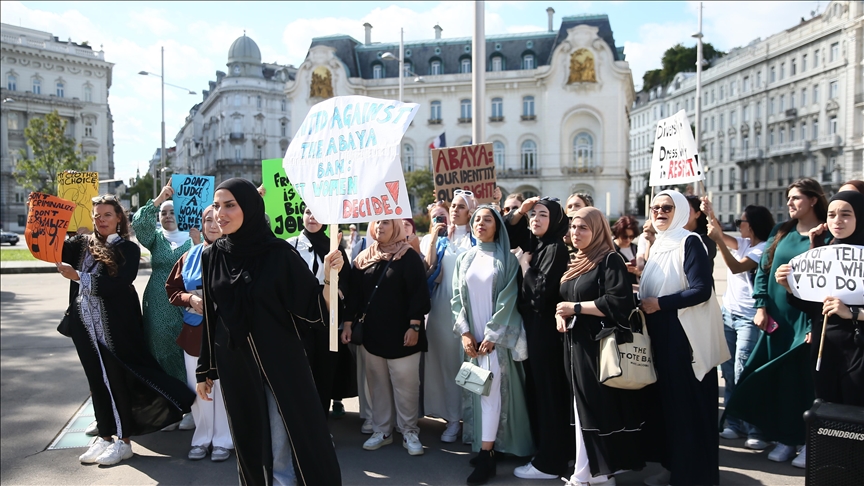
The government is also pushing for a ban on the hijab in domestic sports competitions, which has provoked criticism from human rights advocates.
Far-left lawmaker Jean-Luc Melenchon accused Macron’s administration of pandering to far-right ideologies. “Islamophobia has crossed a line,” he said on X, formerly Twitter. He described the government’s approach as embracing “the delusional theories” of Marine Le Pen and hardline Interior Minister Bruno Retailleau.
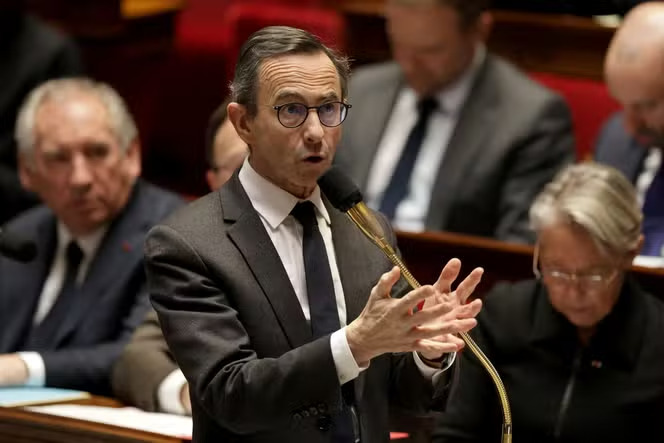
Retailleau, now leading the traditional right party Les Republicains, defended the report’s findings before the cabinet meeting, saying, “Political Islamism is quietly infiltrating sporting, cultural, social and other associations… Its ultimate aim is to tip the whole of French society into Sharia law.”
Marine Le Pen, who lost to Macron in the 2022 presidential elections, had campaigned on banning the hijab entirely from all public spaces. Ironically, critics like Jordan Bardella of the National Rally now accuse Attal of making a political “U-turn,” sharing an old video where Attal warned against persecuting veiled women under a Le Pen presidency.
Muslim organizations in France have rejected the narrative being pushed by the government. The Federation of Muslims of France denounced the report’s conclusions as “unfounded accusations,” adding, “We firmly reject any allegation that attempts to associate us with a foreign political project or an ‘entryism’ strategy.”
They warned, “Even unintentional conflations between Islam, political Islamism and radicalism are not only dangerous but counterproductive for the Republic itself.”
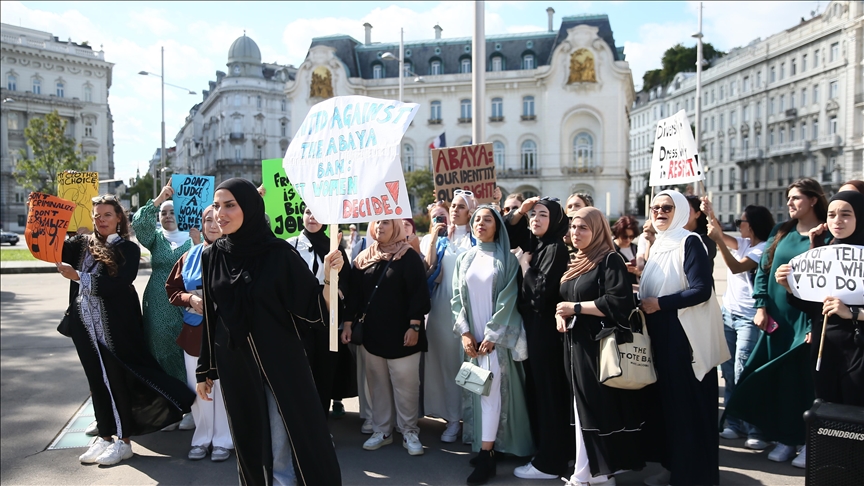
In a more somber tone, the group pointed to the murder of Aboubakar Cisse, a 22-year-old Malian who was stabbed while praying at a mosque, as evidence of how such rhetoric can fuel real-world violence: “The constant accusation shapes minds, fuels fears and, sadly, contributes to violent acts.”
While the Elysee insists that “we must not lump all Muslims together,” the new proposal and the rhetoric surrounding it risk doing exactly that. An Elysee official said, “We are fighting against Islamism and its radical excesses,” but the line between protecting secular values and targeting religious freedom continues to blur.
As France prepares to roll out more measures in the coming weeks, the country’s Muslim population, one of the largest in Europe, once again finds itself under scrutiny, in the name of national unity.




